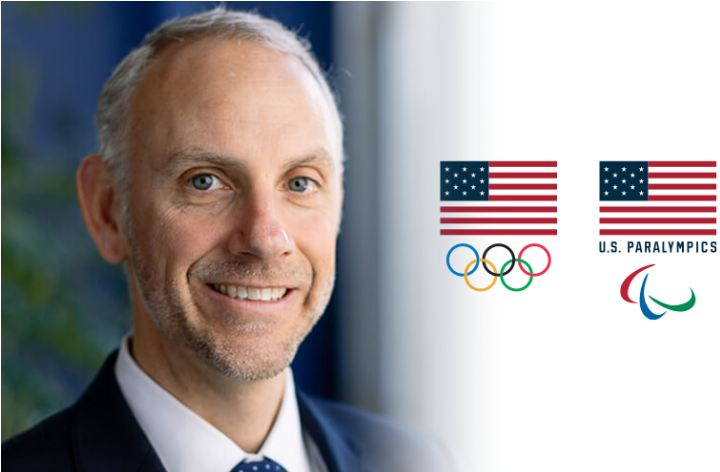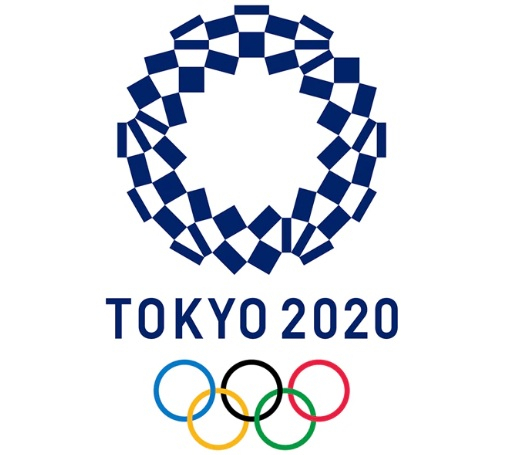Similar to other COVID-19 affected nations, Japan, the host country for 2020 Tokyo Olympics, has confirmed over 1,000 cases of the Novel Coronavirus including 700 from a cruise ship quarantined near Tokyo in February. As of now six Japanese have died while the Prime Minister Shinzo Abe faces persistent criticism for his handling of the outbreak ahead of the Summer Olympics.
Prior to the Novel Coronavirus outbreak, Tokyo has been preparing for the 2020 Summer Olympics after winning the bid more than eight years ago to host one of the biggest sporting events in the world. But now when the country is trying to prevent the new Coronavirus spread, the athletes, coaches, sponsors, fans who have bought tickets for the Olympics want to know whether the sports event will ever take place in view of the associated risks.
According to International Olympics Committee president Thomas Bach, plans are afoot for the Olympics to go on as scheduled in July, while Jonathan Finnoff, the Olympics doctor explained the precautions and other details which should be followed by the all the participants.
Who is Jonathan Finnoff?
Dr Finnoff became the chief medical officer of the US Olympics and Paralympics Committee in January 2020. The Olympics doctor has more than two decades of experience in treating sports injuries. He has also served as a medical director for the Mayo Clinic Sports Medicine Center in Minneapolis, where he was team physician for the Minnesota Timberwolves and Lynx since 2014.
In an interview with the New York Times, the doctor revealed the effects of the Novel Coronavirus on sports events which include mass gathering, and serve as a perfect place for the virus to spread. Dr Finnoff said USOPC had no reason to believe the Summer Olympics wouldn't happen in Tokyo but that things could change quickly.

Preparation for Tokyo Olympics
He mentioned that the current Coronavirus outbreak scenario is dynamically changing. "Two weeks ago there were no issues with travel to Italy, and now there are a significant number of cases in northern Italy."
He also revealed that the USOPC is communicating with the Japan government and other governing bodies as well as with the World Health Organization (WHO). He recalled, "We had H1N1 before Vancouver in 2010 and the issues with Zika before Rio. This is not new, but each situation is different. We are getting a lot of inquiries."
Even though as of now there is no indication that the Games will be scrapped, not avoiding appropriate safety recommendation should be the prime concern, said Dr Finnoff. He also advised that to avoid any kind of risk related to the COVID-19, people, mostly the participants of Tokyo Olympics, should avoid touching the face frequently and follow the protocol of washing hands regularly as a basic preventive measure.
As per the report, he also recommended the following:
- Stay three feet away from someone coughing
- If someone has symptoms like fever, cough or fatigue, and been to a high-risk area, reaching out to a local health authority should be the next step.

The doctor said, even though the new Coronavirus mainly targets older people, young sports athletes would also get affected by the virus. He mentioned if the people playing a sport are asymptomatic, then the likelihood of spreading the disease is extremely low and in that case, athletes don't have to avoid handshakes. Dr Finnoff explained that WHO asked people to avoid huge gatherings, which doesn't mean that they asked for a ban on such sports events.
"If you are in a place where there is a high number of people infected, then even if it's a small gathering, the risk is higher. Studies that have been done in China indicate that the area where the greatest transmission has occurred is at home because you've had close and frequent contact with someone who is infected," said the doctor.
However, the doctor added that along with Japan authorities, WHO and IOC are working with the public health system to celebrate the sporting event in Tokyo without fail.
Sporting events cancelled/ postponed for Coronavirus outbreak









